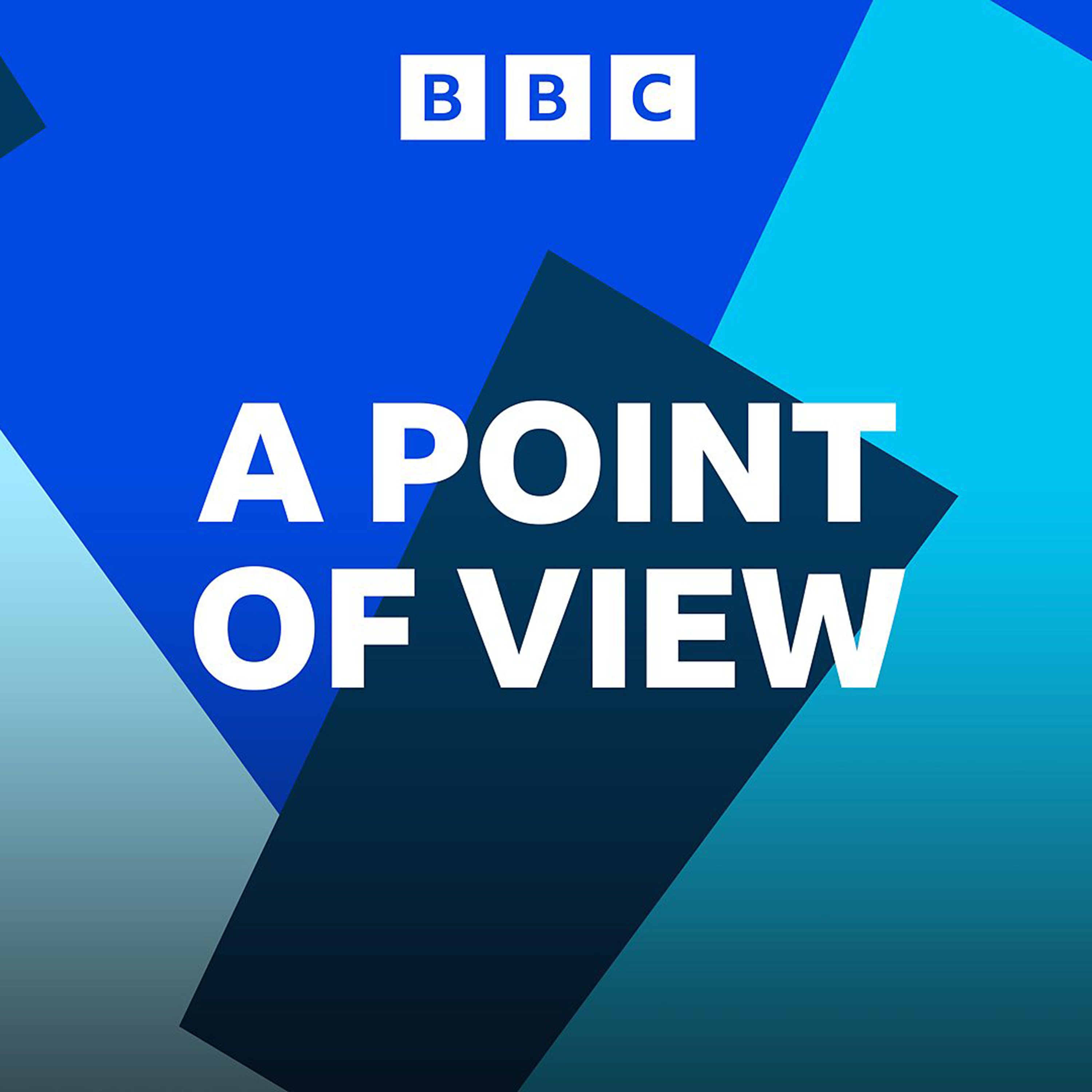

A Point of View
BBC Radio 4
A weekly reflection on a topical issue.
Episodes
Mentioned books

Oct 9, 2015 • 10min
Will Self: Looks Matter
Will Self says we can't pretend that looks don't matter or that everyone is beautiful, including the obese."That different cultures, during different eras, have found different aspects of the human form beautiful is another straw the sub-gorgeous clutch for." Producer:Sheila Cook.

Oct 5, 2015 • 10min
Will Self: What's in a Name
Will Self reflects on the significance of names, including his own. "We desire to be recognised for who we really are, and seek out in our very ascription the means of uniting our intimate identities with our social selves.".

Sep 25, 2015 • 10min
Will Self: A Life of Habit
Will Self sees our love of habit as a shield against the unexpected in life."For us, custom, and its bespoke application, habit, are integral to our lives; because - or so we sort of reason - if we fill up our days with oft repeated actions, we can shut our ears to the siren song of contingency."Producer: Sheila Cook.

Sep 18, 2015 • 10min
Will Self: Losing Sleep
Will Self reflects on the various reasons for his inability to sleep soundly any more."I concede there is something about our contemporary existence, especially in big, bustling cities, which seems altogether inimical to a good night's rest."Producer: Sheila Cook.

Sep 11, 2015 • 10min
P J O'Rourke: Presidential Candidates
P J O'Rourke sizes up the candidates aspiring to be the President of the United States.
"Who are all these jacklegs, high-binders, wire-pullers, mountebanks, swellheads, buncombe spigots, boodle artists, four-flushers and animated spittoons offering themselves as worthy of our nation's highest office?"
Producer: Sheila Cook.

Sep 4, 2015 • 10min
The Abolition of Man
John Gray warns about the dangers of science that attempts to enhance human abilities. He says such knowledge can jeopardize the very things that make us human. More than 70 years after C.S. Lewis wrote "The Abolition of Man", John Gray argues that Lewis' questions are even more relevant today than they were then. "The scientists of Lewis's generation were dissatisfied with existing humankind" he writes. "Using new techniques, they were convinced they could design a much improved version of the species". But Gray says that while the scientific knowledge needed to remould humanity hardly existed then, it is rapidly developing at the present time. He believes that the sciences of bioengineering and artificial intelligence carry serious risks. "If at some unknown point in the future it becomes feasible to remould ourselves according to our dreams" he writes, "the result can only be an impoverishment of the human world". Producer: Adele Armstrong.

Aug 28, 2015 • 10min
Another Kind of Atheism
John Gray looks to history to argue that it's time to rethink today's narrow view of atheism. He ponders the lives of two little known atheists from the past - the nineteenth century Italian poet Giacomo Leopardi and the Somerset essayist and novelist Llewelyn Powys. He says their work shows how atheism can be far richer and subtler than the version we're familiar with. "The predominant strand of contemporary unbelief , which aims to convert the world to a scientific view of things, is only one way of living without an idea of God" writes Gray. Producer: Adele Armstrong.

Aug 21, 2015 • 10min
John Gray: Recalling Eric Ambler
John Gray recalls the life and work of the thriller writer Eric Ambler and finds uncomfortable echoes of today's society in the pages of his novels.
"What they reveal is a world ruled by financial and geopolitical forces that care nothing for the human individual. Most unsettlingly, this world is unmistakably European."
Producer: Sheila Cook.

Aug 14, 2015 • 9min
John Gray: Euro Despair
John Gray sees the European currency as a misconceived project from the outset and thinks the austerity policies imposed on Greece are destructive and self defeating.
"Attempting to maintain the euro at any cost can only result in mounting desperation, which will seek expression in violence if no practicable policies are on offer to ameliorate the situation."
Producer: Sheila Cook.

Aug 7, 2015 • 10min
Adam Gopnik: Long-Form Television
Adam Gopnik reflects on the reason for our obsession with long - form television series and sees a link to the current brevity of all our other forms of discourse.
"As communication, public and political and spiritual, becomes ever more condensed - as newspapers close and are replaced exclusively with Instagram feeds, as texting becomes ever more enciphered and as the demotic slang of teens, which we will all speak sooner or later, becomes ever more abbreviated then we can expect, or dread, ever longer compensatory popular narratives."
Producer: Sheila Cook.


